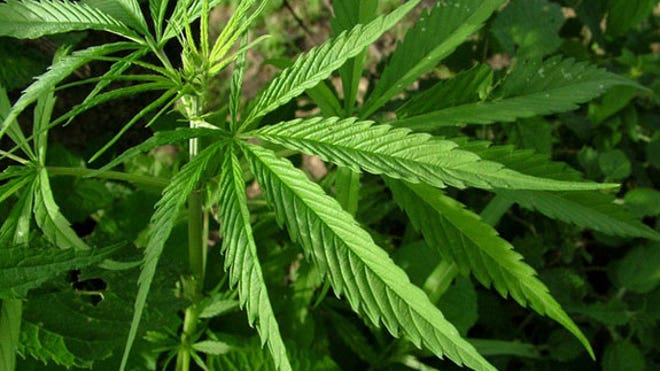“Medical marijuana shouldn’t be for ‘adults only’.
My 9-year-old daughter has Aicardi syndrome, a rare genetic disorder that causes extremely hard-to-control seizures, debilitation, disability and early mortality. She began having seizures at three months of age, and since that time has had multiple seizures every day, with rare exception — probably to the tune of nearly 200,000 seizures in her lifetime…
She is one of the 3 million Americans who have epilepsy, and one of the 40 percent whose seizures cannot be controlled by anti-seizure drugs. She has tried 10 anti-seizure medications as well as a high-protein/low-carbohydrate diet called the ketogenic diet; she takes three anti-seizure medications at once and has a vagus nerve stimulator implant that sends mild electrical pulses to the brain. These drugs help her, but she nonetheless experiences an average of three seizures every day. Moreover, the medications cause persistent side effects that negatively impact her quality of life, particularly her gastrointestinal, bone, dental, cognitive and mental health.
The Illinois Senate Executive Committee recently voted, 10-5, to move the House-passed medical marijuana legislation to the Senate for a vote. The bill is expected to pass, and though Gov. Pat Quinn has not committed to signing it, the general expectation is that the bill will become law. This should be received as great news for the many people with “debilitating” conditions that the bill is supposed to help — people for whom medical science has documented real, measurable and safe outcomes of the controlled use of cannabis or its component of chemical compounds.
It’s too bad that the legislature has ignored the medical needs of some of the most debilitated, and most vulnerable, patients in the state: children with epilepsy.
Imagine her father’s and my reaction upon learning that the legislature, in its concern not to send a “message” to kids that it is safe to smoke marijuana, decided that kids like ours, for whom medical cannabis has the potential to be as safe and effective as typical anti-seizure drugs, should be excluded from the benefits of this new law.
They have done so, I hope, only out of ignorance…
There is no likelihood that my daughter will become a drug addict from using a compound within cannabis in a medically controlled setting. There is, however, a good chance that participation in a controlled study of these compounds could open the door to new treatments for her, and the many children like her, who desperately need medical innovation to save or improve their lives.”
More: http://articles.chicagotribune.com/2013-05-15/opinion/ct-oped-0515-marijuana-20130515_1_dravet-seizures-medical-cannabis



